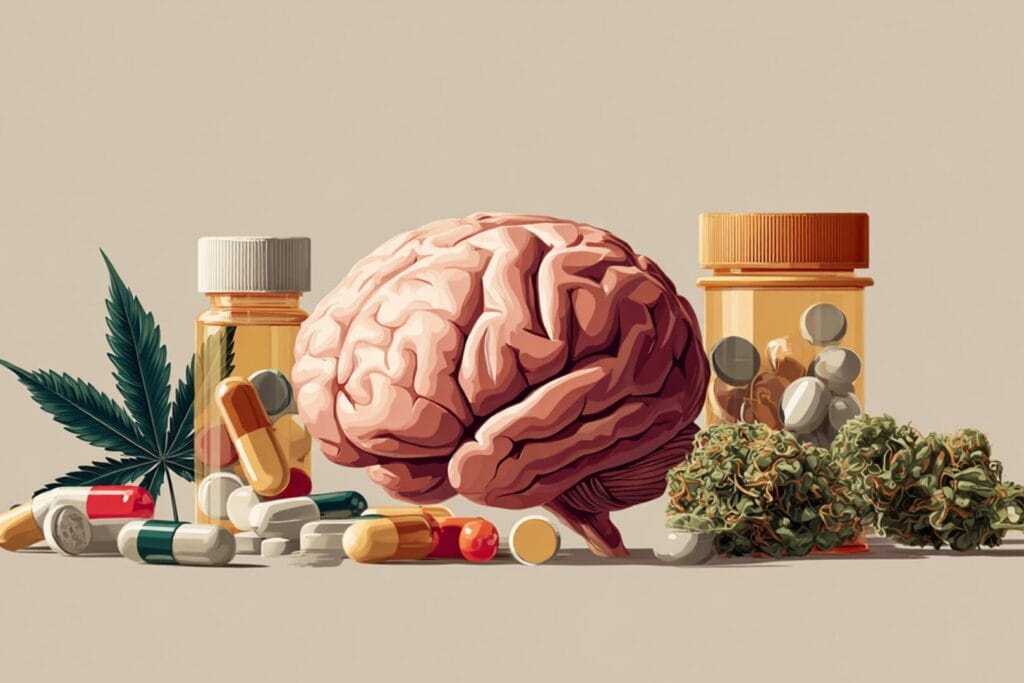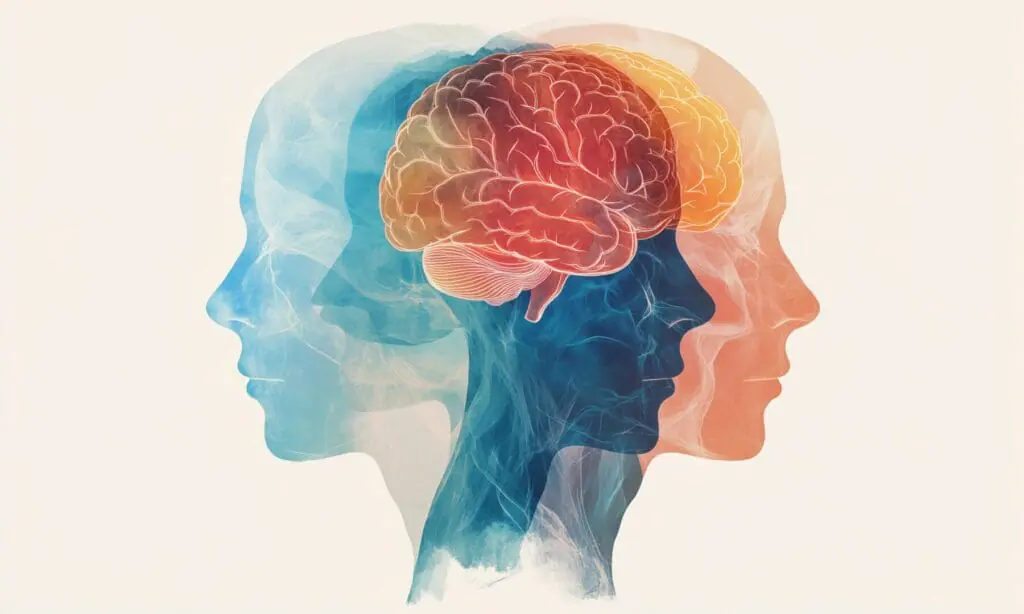Addiction treatment has come a long way in recent years, evolving from a purely medical approach to a more comprehensive, well-rounded system of care. Traditionally, treatments focused on detoxification, therapy and medication to help individuals overcome addiction.
While these methods remain the foundation of recovery, there’s been a growing interest in holistic therapies, which complement traditional treatments. These therapies, which focus on healing the mind, body and spirit, offer a more personalized and supportive recovery approach.
Holistic therapies have gained popularity as people recognize how important it is to address all aspects of their well-being during addiction treatment.
Techniques like mindfulness, yoga and nutritional counseling support physical and mental recovery and help individuals manage stress, anxiety and emotional trauma, which are often underlying factors in addiction.
By integrating holistic therapies with traditional treatments, addiction recovery programs are creating a more balanced and effective path to long-term wellness and sobriety.
Traditional Addiction Treatment
Traditional addiction treatments are cornerstones of recovery programs, and they’ve been proven effective in helping people overcome substance use disorders. These methods focus on addressing the physical and mental components of addiction through structured, evidence-based practices.
A key component of traditional treatment is detoxification, or detox, which involves safely removing harmful substances from the body. This is often the first step in the recovery process, as it helps manage withdrawal symptoms and prepares individuals for the next treatment phase.
Counseling and therapy—particularly Cognitive Behavioral Therapy (CBT) and group therapy—play a significant role in tackling the psychological aspects of addiction. The methods help individuals understand the root causes of addiction and build healthy coping strategies and habits for the future.
Additionally, medication-assisted treatment (MAT) combines medications like Suboxone or methadone with counseling to manage cravings and reduce the risk of relapse. The approach is beneficial, especially when someone is recovering from alcohol or opioid use disorders, because it targets physical dependence and recovery’s emotional challenges.
The importance of these conventional addiction treatment methods lies in their ability to address physical and psychological dimensions of addiction.
Through a structured framework, these treatments offer individuals needed support to navigate withdrawal, manage cravings and reshape thinking and behavior.
Overview of Holistic Therapies
Holistic therapies are an approach to addiction treatment focused on healing the entire person. The philosophy behind holistic therapies is rooted in the idea that addiction affects every part of a person’s life, so treatment should go beyond only addressing physical symptoms.
By integrating these therapies into addiction recovery programs, individuals can receive a more well-rounded, personalized approach to healing.
Holistic therapies aim to treat the underlying emotional, mental and spiritual imbalances contributing to addiction. Instead of focusing only on detox or medication, holistic approaches help individuals reconnect with themselves, manage stress and anxiety, and develop and practice healthier ways to cope with life’s challenges.
Commonly used holistic approaches in addiction treatment include:
- Mindfulness and meditation: This teaches individuals to be more aware of thoughts, feelings and bodily sensations. Through mindfulness, people in recovery manage cravings, reduce anxiety and stay present in their recovery process. Meditation promotes relaxation and inner peace to help reduce the stress that can trigger relapse.
- Yoga and movement therapy: Physical movement, especially yoga, has become a popular holistic therapy in addiction recovery. Yoga combines breathing, physical posture, and meditation to promote mental clarity and physical well-being.
- Acupuncture: This is an ancient practice involving the insertion of very thin needles into body points for healing and balance. In addiction treatment, acupuncture may help reduce withdrawal symptoms, and it can help with cravings and relieve physical discomfort during detox.
- Nutritional therapy: Addiction can take a toll on the body, leaving individuals feeling nutritionally depleted. Nutritional therapy focuses on restoring health to the body. By improving physical health, individuals in recovery can experience better energy levels and mental clarity, which aids their overall recovery process.
- Art or music therapy: Creative therapies offer individuals a non-verbal way to express emotions and work through trauma. People can explore their feelings, reduce stress and become more self-aware. These therapies can be especially beneficial for people who struggle with expressing themselves through traditional talk therapy.
How Holistic Therapies Support Traditional Treatments
Holistic therapies play a role in enhancing and supporting traditional addiction treatment by addressing all the aspects of addiction that may not always be covered by detox, counseling or medication alone.
For example, mindfulness, a popular holistic approach, works hand-in-hand with cognitive behavioral therapy. While CBT helps identify and change negative thinking and behaviors, mindfulness teaches you to become more aware of your emotions and triggers in the present moment.
By observing thoughts without judgment, you can prevent yourself from being overwhelmed by stress or cravings, making applying the coping strategies learned in therapy easier.
Together, these techniques strengthen emotional regulation, building resilience.
Holistic therapies also address underlying emotional trauma or stressors that might have contributed to addiction in the first place. Practices like meditation and art therapy let you explore and release deep-seated emotions that are often difficult to express in traditional therapy sessions alone.
Holistic therapies provide a safe, supportive way to work through emotional challenges.
Another key benefit of holistic therapies is their ability to reduce relapse triggers by promoting overall well-being. You can learn healthy ways to manage feelings like stress and anxiety.
With the incorporation of holistic approaches into a traditional treatment plan, it’s a more comprehensive recovery strategy to help you not only recover from addiction but thrive.
Long-Term Benefits of Combining Holistic and Traditional Treatments
Integrating holistic therapies with traditional addiction treatments can lead to lasting recovery by addressing all aspects of a person’s well-being.
A personalized recovery plan that combines these methods offers more tools to manage stress, reduce triggers and prevent relapse.
The integration offers a well-rounded path to lasting wellness.
If you’d like to learn more about how holistic therapies can complement traditional treatments, contact San Diego Detox for more information about how we can help you with your recovery journey.







